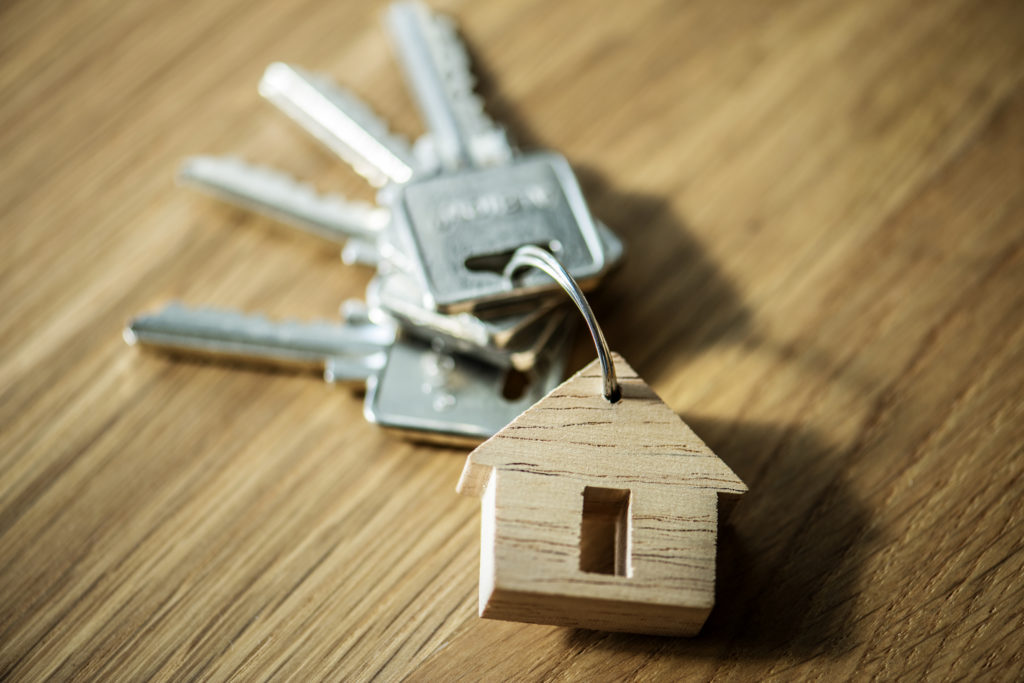Crucial Differences: Open Mortgages vs. Closed Mortgages

A mortgage is an option that allows the borrower to complete the dream of homeownership.
There are various mortgage types that you can choose from that suit your financial needs and goals.
However, all the mortgage types are of two categories:
1. Open Mortgage: An open mortgage is more flexible than a closed mortgage and lets you pay any amount you want as a monthly premium. It comes with a greater interest rate than a closed mortgage.
2. Closed Mortgage: A closed mortgage is less flexible than an open mortgage and may penalize you if you repay a higher amount than specified. It has a lesser interest rate than an open mortgage.
Choosing the ideal mortgage can be difficult if you don’t know your options.
An ideal mortgage can make you stress-free than if you opt for a bad mortgage and can save you from decades of mental and financial suffering.
Let us understand the difference between an open and a closed mortgage.
Integral Aspects of Both Mortgages


Credits: freepik
● People can choose an open mortgage if they want flexibility, but these mortgages have a high interest rate.
● A closed mortgage is suited for people who need a low interest rate. However, you can pay a specified amount, as the premium and prepayments are prohibited and attract penalties.
● People wanting to clear their dues early can choose an open mortgage.
● People who prefer stable mortgage payments or plan to reside in their property for the long term can choose the closed mortgage.
| Aspect | Open Mortgage | Closed Mortgage |
|---|---|---|
| Flexibility in Monthly Payments | Allows for flexible monthly payments | Monthly payments are fixed |
| Interest Rate | Higher interest rate | Lower interest rate |
| Prepayments | Can make higher payments without penalty | Prepayments may attract penalties |
| Prepayment Privilege | No predefined limit on prepayments | Limited prepayment privilege |
| Penalties for Exceeding Prepayment Limits | No penalties for exceeding limits | Penalties for exceeding limits |
| Suitability for Early Debt Clearance | Suitable for those who want to clear debt early | Suited for long-term stable payments |
| Stability of Mortgage Payments | Monthly payments can vary | Monthly payments remain stable |
| Ideal for Lump Sum Investments or Savings | May not be ideal for lump sum investments | Suitable for lump sum investments |
| Ideal for Relocation Plans | Suitable for those planning to relocate | May not be ideal for relocating |
Closed Mortgage


Credits: freepik
A closed mortgage has a premium amount calculated by the financial institution or lender that is specific to the loan term.
● It has specified conditions regarding monthly payments.
● The interest and amount you must pay are precalculated.
● You cannot repay a higher amount than specified, as a closed mortgage does not offer a flexible payment option.
● If you pay a higher amount than specified, you attract a prepayment penalty.
You can pay a higher amount than specified which is known as a “prepayment privilege.”
● This is the highest amount you can pay to the financial institution or lender, payments above this attract a penalty.
If you inherit a lump sum of money and want to pay an amount above the prepayment privilege, you will be fined with a penalty.
● If you plan to move your mortgage with a new lender before the end of your loan term, you must pay prepayment penalties.
The bank or lender offers you a low interest and a fixed premium so you can earn money.
● They calculate the amount and interest they earn through your loan and give you a predefined time frame to pay your debt.
When to Choose a Closed Mortgage?
● If you find your ideal home and know you have to spend the rest of your life at your new home, a closed mortgage offers low interest and stable mortgage payments.
● If you have saved a lump sum of money or inherited it, you can use this money to invest or save, instead of choosing an open mortgage.
● If you don’t want to have a high interest rate (open mortgage), you must choose a closed mortgage.
Open Mortgage
An open mortgage has more flexibility to the payable amount but comes at a price (high interest rate).
● You will have to pay a certain amount monthly. However, with an open mortgage, you can pay a higher amount than your usual amount whenever you have the finances.
● It gives you the power to repay your debt in a shorter frame of time than specified.
● You don’t have to worry about attracting a penalty as an open mortgage does not have a prepayment penalty.
If you have a stable job and have the wealth to reduce your overall amount quickly, an open mortgage is the ideal option for you.
● You will also save a lot of money because you will attract less interest if you pay more than the specified monthly amount.
● You will pay a lesser principal amount and save the remaining principal amount for other purposes such as savings or investments.
However, this payment flexibility comes at a cost. You have to pay high interest in an open mortgage.
You have to figure out if this flexibility is worth the high interest so it supports your financial stability.
When to Choose an Open Mortgage


Credits: freepik
● If you are sure to inherit a lump sum or expect to have loads of money before your term ends.
● If you are planning to relocate before your term ends.
● You want to skip saving or investing and put this cash to pay a higher amount than your regular monthly payment.
● If you are getting a promotion at a job or your total household income is going to increase.
The Ideal Option
The final nail in the coffin when choosing a mortgage is how much flexibility you need.
● If you plan to stay at your house, you must choose a closed mortgage.
● If your dream is to switch locations, you can choose an open mortgage.
Conclusion
The choice between a closed and open mortgage ultimately boils down to your individual financial goals, lifestyle, and preferences. A closed mortgage provides stability with a fixed premium and lower interest rates, making it an attractive option for those committed to staying in their homes for the long term. It’s an ideal choice if you’ve found your dream home and aim to make it a permanent residence.
On the other hand, an open mortgage offers flexibility in repayments, allowing you to pay more than the specified amount without incurring penalties. This flexibility is beneficial if you anticipate changes in your financial situation, such as a windfall or a significant increase in income, and seek the ability to pay off your mortgage faster.



